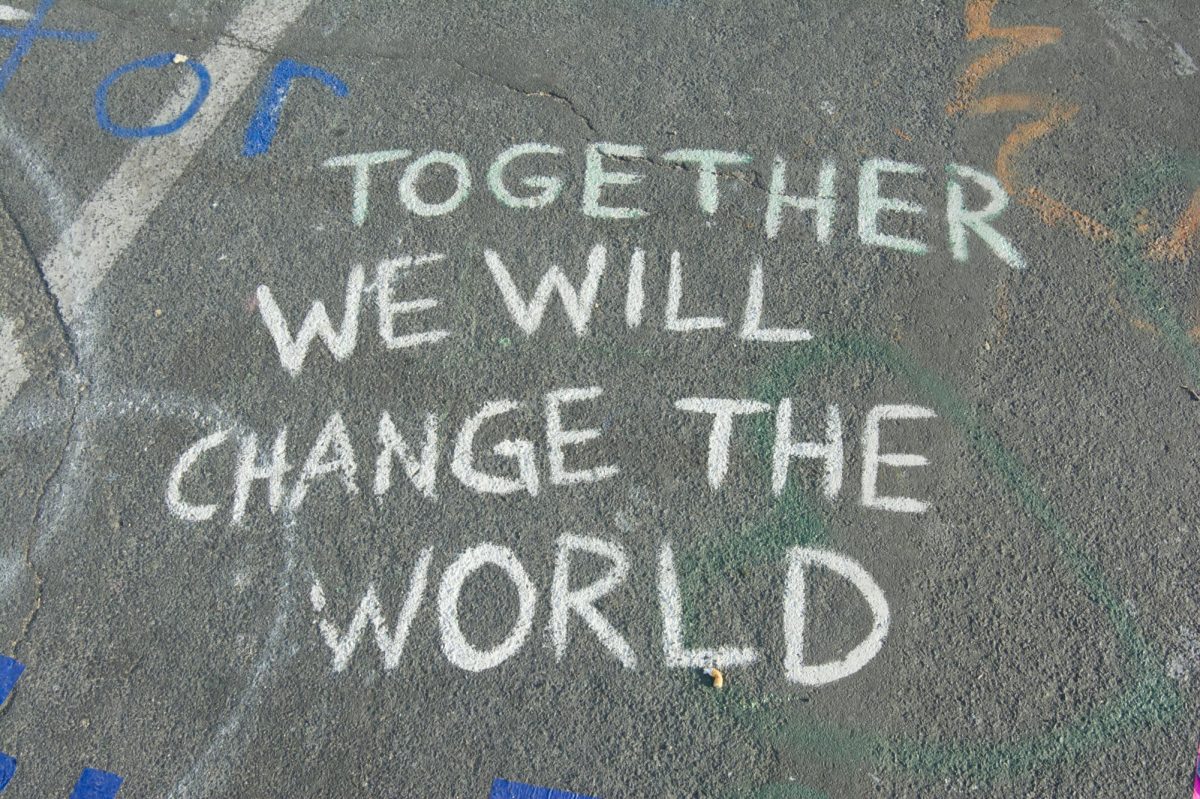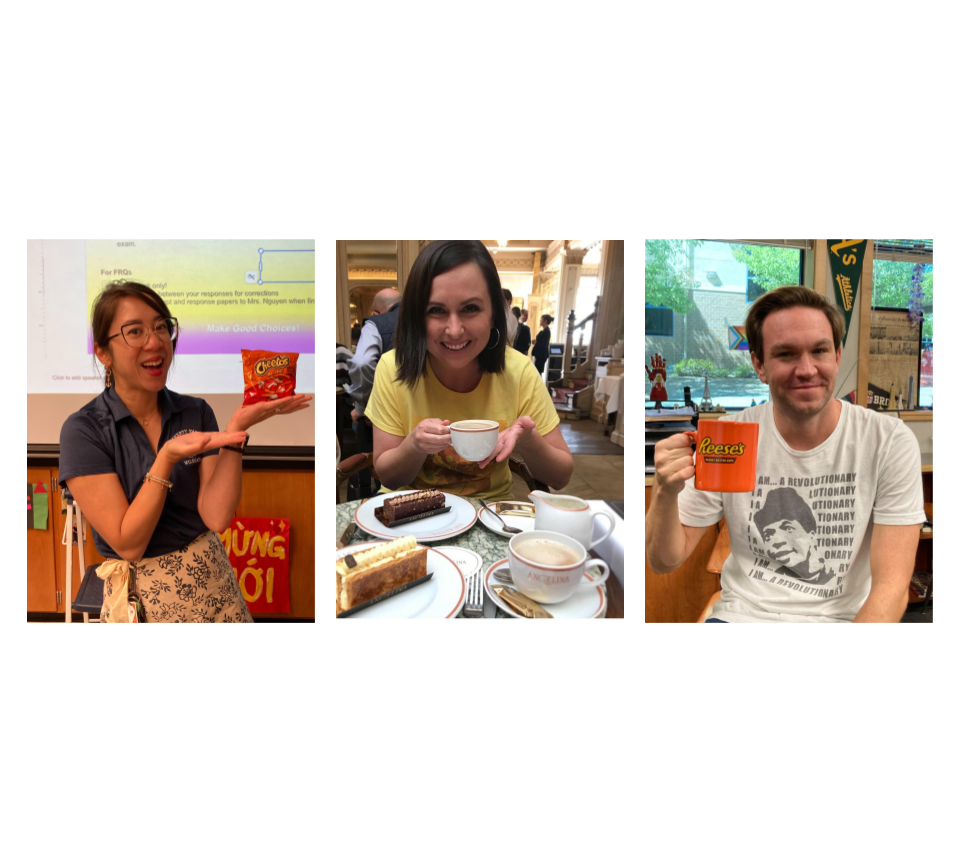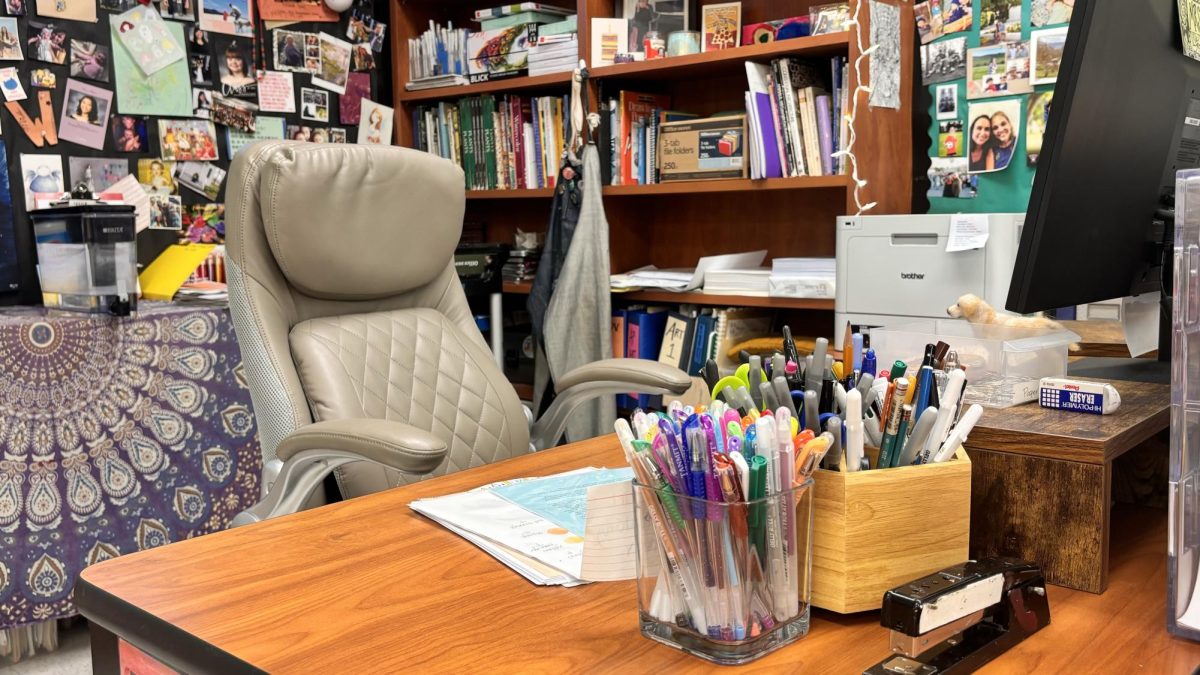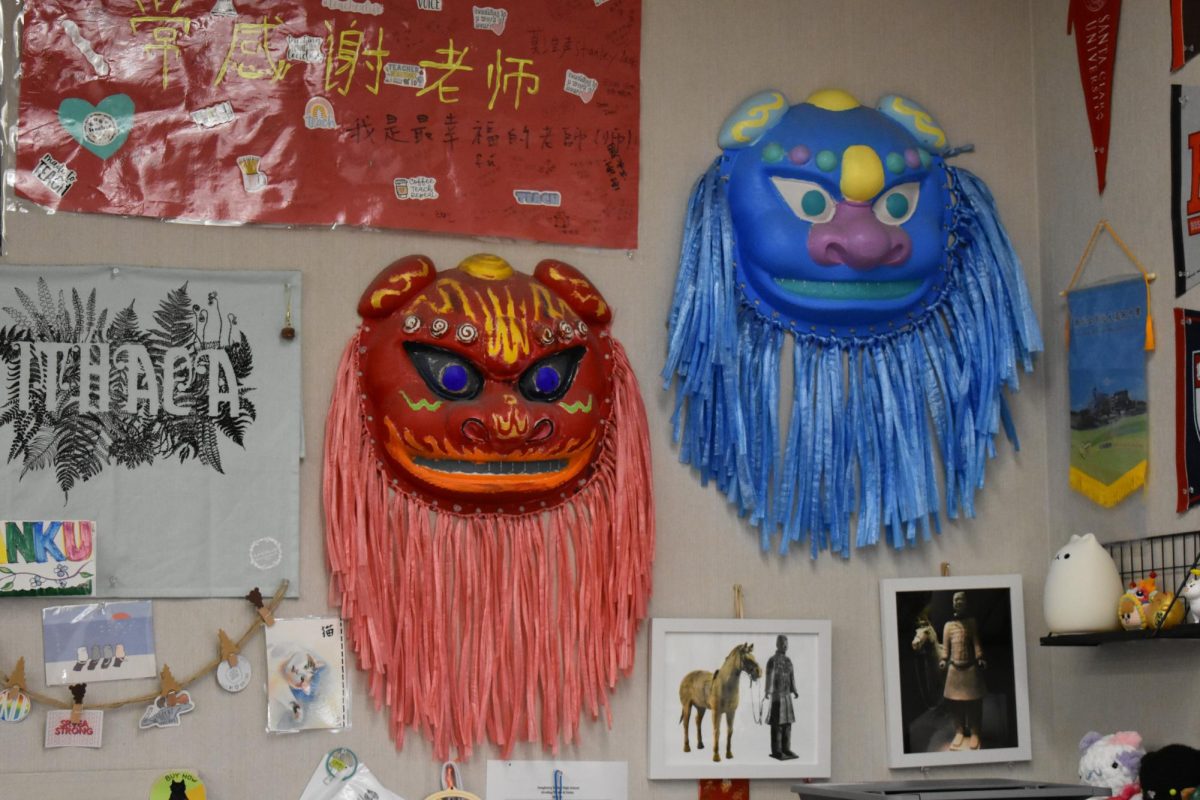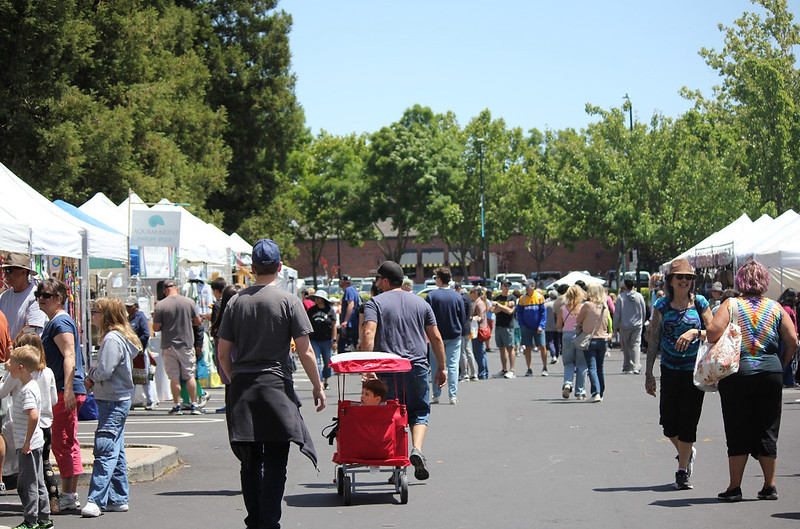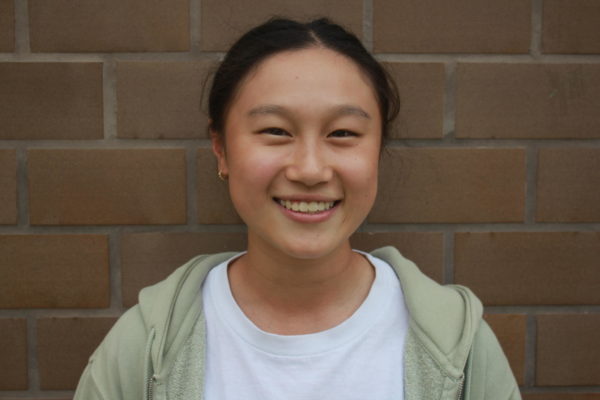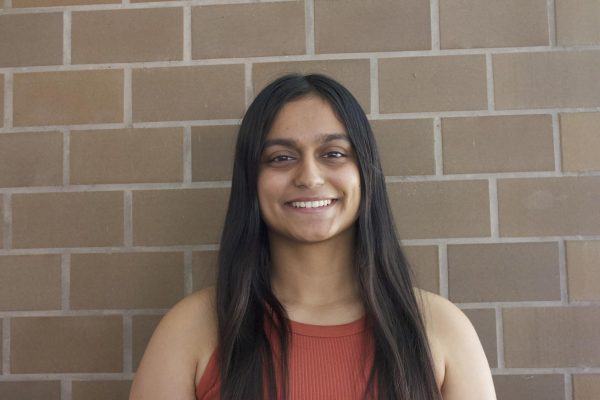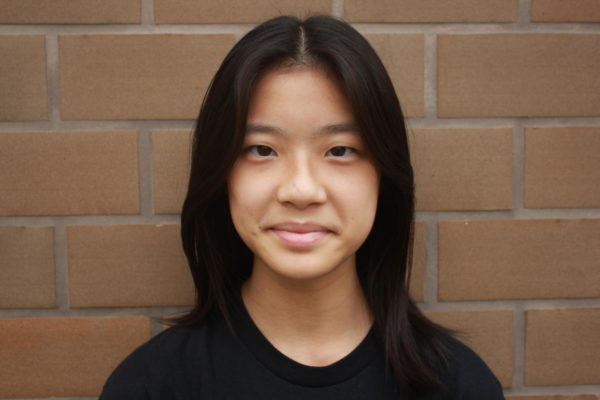Author’s note: A form was released for DV students to express their thoughts, concerns, and opinions on the Israel-Palestine conflict. The responses indicated that, due to the sensitive and controversial nature of the topic, many students did not feel comfortable having their perspectives published in the newspaper or shared with the public. The four students who were willing to be interviewed were in support of Palestine. In the future, we hope to have more coverage from other perspectives on this issue.
————————————————————————————————————————————————————————————————
Despite the physical distance from the Middle East to the Dougherty Valley community, the Israel-Palestine conflict has compelled students to express their opinions and viewpoints on the situation.
While the Israel-Palestinian military and political conflict began in 1948, Hamas’s attack on Israel on Oct. 7, 2023 resulted in an increase in global activism about the issue.
Zeina Obeidi, a Palestinian senior at DVHS, used to spend her summers in Palestine with her family, witnessing the growing tensions firsthand.
“The Israeli army would just be walking around with guns … and almost treat us like animals and not human beings,” Obeidi recalled. “It’s really hard to come to school after three generations of my family died from one air strike and then having to learn about math or something [in class].”
Other students also seem to notice the gradual increase of differences between students’ lifestyles in Palestine and in the Bay Area. Bob, a DV junior who asked us to withhold their name for this article, urged students to take advantage of that difference.
“We have the privilege of freedom of speech,” Bob said. “We have the privilege of being able to go to protests, to post things, to do research, [to have] access to phones, laptops, Google, libraries, librarians we can consult [with] and history books. It would be wrong to not use those resources and that privilege [for a cause like this].”
Bob speaks from personal experience. At the age of 14, they went to a pro-Palestinian protest in Pleasanton with their family, where they marched around the streets with posters and flags, chanting phrases such as “Free Palestine from the river to the sea!”
Their first experience with activism encouraged Bob to continue advocating for the cause, and they hope others will do the same. Though some may feel as if their activism would be unheard in the larger scale of the conflict, Pro-Palestinian protests have drawn thousands of people together, as they push for ceasefire and the de-escalation of military attacks against Palestine. In fact, Bob emphasizes that taking the first step has a greater impact than what some initially anticipate.
“We have power, not as much as the politicians who actually make these decisions, but we are the ones who the politicians are supposed to represent. So if we express [our] outrage [and] that we don’t agree with what’s going on in Palestine, then they will do things about it,” Bob said. “If you have power, even if it’s a little bit, you should use it to help people.”
However, Bob understands that despite these opportunities, people remain silent about issues due to the lack of personal associations or the fear of societal judgment. In Israel, voices of opposition from the Palestinian community are being shut down by Israeli security agencies, media, political institutions and the public.
Despite these societal constraints and having no family from Israel or Palestine, a DV senior, who has also chosen to withhold their name in order to avoid societal judgment and will be referred to as Sally, describes the importance of staying connected and aware of global conflicts like the Israel-Palestine conflict.
“In the end, we are still connected. We’re [all] global citizens,” Sally said. “A lot of tax money goes to support[ing] wars overseas, so these things do affect us in some sense, even if not very directly, but in the end, we [should] care about other human beings.”
On the other hand, while many want to help, they’re overwhelmed with deciding which paths to take and are unsure if their actions will have much of an impact in such a large cause. However, Sally reassures that with teamwork, every action will add up to make a difference.
“There’s a lot of guilt too because a lot of people feel like they have to do everything all at once, but that’s not really how it works,” they said. “So don’t feel like you’re powerless because that kind of feeling of powerlessness stops people from taking any action at all. In reality, a whole bunch of people taking small steps each time will 100% be effective and create change.”
Sally advises students to start educating themselves, which can start from something as simple as using Google to search for more information relating to the conflict.
“When you search things up, make sure not to imply certain answers. Don’t ask questions that would lead to certain answers,” they explained.
Like Sally, Bob urges the DV community to start taking those small steps now.
“We have a lot of privileges, especially at this school, so there are a lot of things we could do and a lot of things that we should do,” Bob said. “I want to see people doing these things. I want to see people standing up for Palestine, the Palestinian people and standing up against the genocide.”
Social media is a convenient outlet for news coverage of reporters located in the Middle East, however it is important to keep in mind the various perspectives on the situation.
“Do your research. Don’t trust everything social media says. But do remember that there are some people on social media who are personally affected by the situation, and they have information that could be censored in other contexts,” Sally said.

